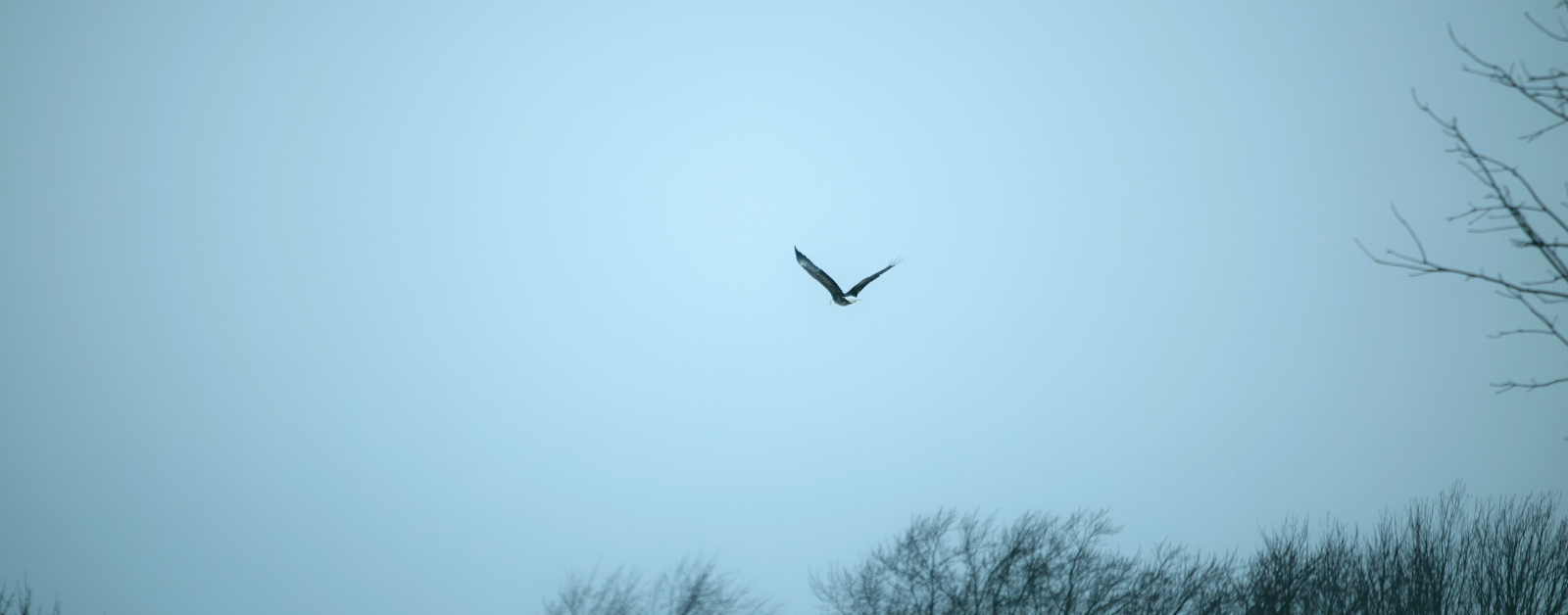Last week I spent a whole morning trying to write a post to share some thoughts with you on the sharp increase in medically assisted deaths in Canada (known as MAID). I can’t quite figure out why I’m struggling to write about it. I passionately believe that the way western society approaches death and suffering ultimately dehumanizes all of us. I believe we need to change the ways we care for one another rather than legalizing killing one another. I believe these laws discriminate against people with disabilities. I believe people are being killed against their will and against their best interests, especially now that the law has changed to include anyone who is suffering, rather than only those who are terminally ill.
I guess my trouble comes with how much I understand the temptation to think these laws are compassionate. I know how much we wanted to hasten the end of my mother-in-law’s life when she suffered through her final days. I know how desperate people feel. I know that life itself can become an idol. I know how ethics and ideals can harm people doing their best to live their everyday lives.
But I return to the harm of a system in which disabled people are seen as burdens and death care is more accessible than health care. As this essay in Plough states,
“Many reports have emerged of people pursuing MAID because they cannot access the support services they need to live a decent life or because they are pressured to do so by their medical providers.”
The essay is about the failure of the church to protest and speak a prophetic word against the practice. I would argue that the church’s failure comes not only, not even primarily, in the absence of words that oppose euthanasia, but in the absence of care for the people who need companionship, and shelter, and food, and a sense of purpose.
Changing the law is the first step toward protection of vulnerable lives. But even if that happens—and even if it doesn’t—the church can lead our society in what it looks like to honor and value and provide for the lives of the most vulnerable ones among us.
More with Amy Julia:
- S6 E14 | Lessons for Healing in a World That’s Sick with Lyndsey Medford
- What Casual Discrimination Looks Like
- You Can Be the Person Who Makes a Difference
If you haven’t already, you can subscribe to receive regular updates and news. You can also follow me on Facebook, Instagram, Twitter, Pinterest, YouTube, and Goodreads, and you can subscribe to my Love Is Stronger Than Fear podcast on your favorite podcast platform.




